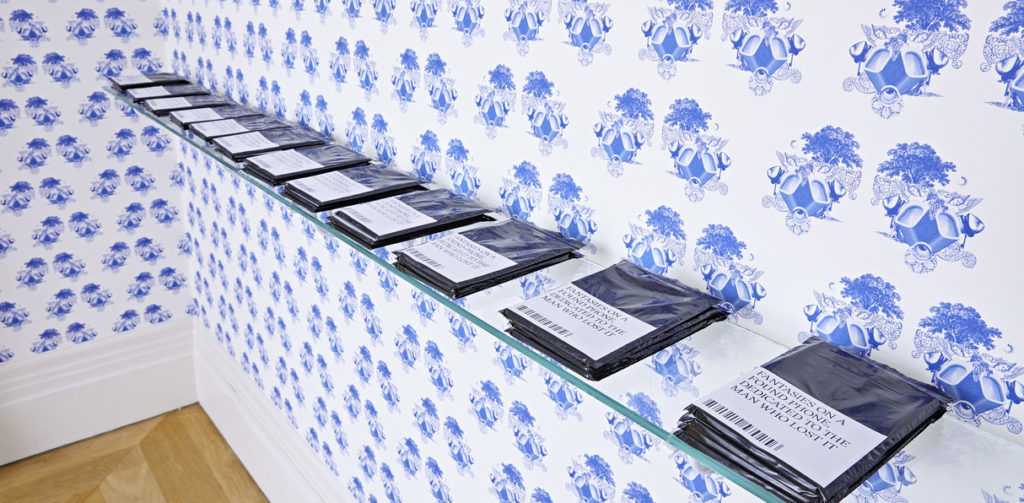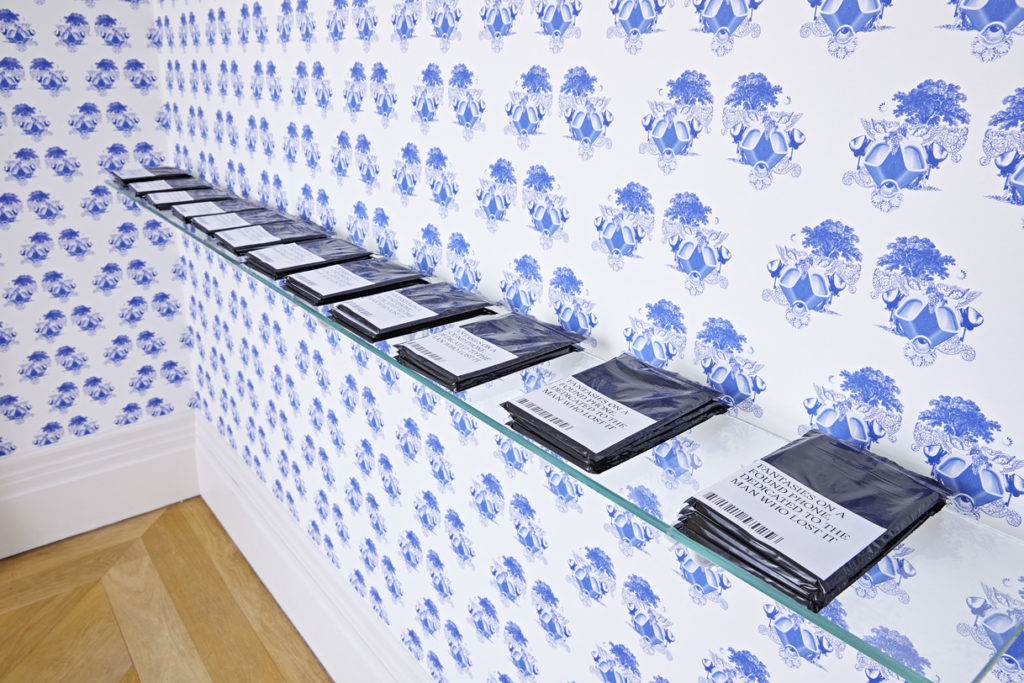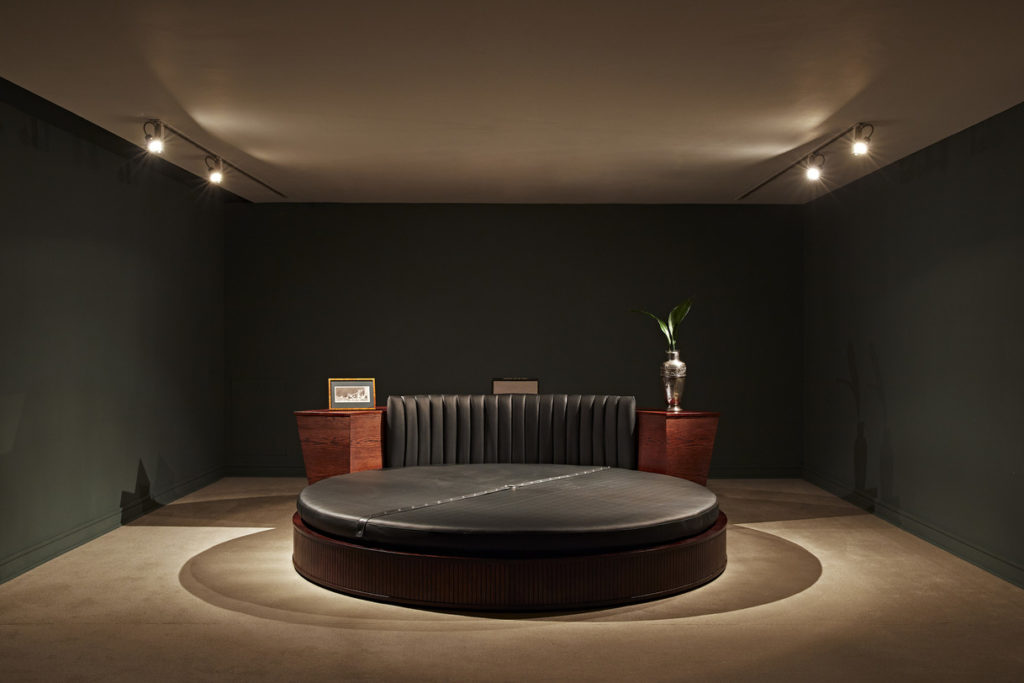
Social
Ringtones, Sirens and Alarm Bells: Surveillance of the Queer Community as Told Through Mobile Phones
| Anyone who knows anything about love will agree that trust and communication are fundamental to a healthy relationship. But what if you can’t trust those around you? What if you are afraid to communicate your desires? People often say ‘love, like nobody is watching’, however, for many members of the LGBTQ+ community, this is a sinister reality. One of the greatest facilitators of queer visibility – both positive and negative – is mobile phones. These devices, which serve as powerful channels of connection, also epitomise the wider discourse regarding the surveillance of queer people.
The role of mobile phones in the lives of queer people is palpable in both the art and wider political landscape of the Middle East. It is important to recognize that for many people access to the LGBTQ+ community is largely facilitated through mobile phones. Therefore, while some find empowerment through digital platforms, for others these can present hazards and vulnerabilities.
By Matilda Coughlan

From June to September of 2022 Mahmoud Khaled’s Fantasies on a Found Phone, Dedicated to the Man Who Lost it was showcased at The Mosaic Rooms in London. The exhibition spoke to a sense of unease that came with surveillance, mobile phones and the experiences of queer people. Fast forward to February and Grindr issued a warning to its users in Egypt about police surveillance on the app. The recurring theme of phones, surveillance and queer love is clearly asserting itself as a dominant fixture in the lives of countless people. Khaled’s exhibition, with its poignant portrayal of internal landscapes of desire, parallels the Egyptian Grindr scandal. Both highlight the structures of power and observation that dominate the queer experience in the Middle East.
Warning issued on Egyptian Grindr
The police infiltration of Egyptian Grindr highlights recent developments in surveillance. Prior to the rise of social media, governments relied upon traditional methods of observation. These included security cameras, physical police surveillance and even through the general public. However, in the digital age, the police need only use the surveillance mechanisms carried in the back pockets of their victims. Undercover police officers were said to be creating fake accounts and taking over accounts from members who had been arrested. This isn’t the first and it is unlikely to be the last time that such blatant invasion of privacy is instigated by police authorities. The infiltration of private information with such sinister intentions casts a shadow over the safety and well-being of the LGBTQ+ community in the Middle East. Uncertainty surrounding the exposure of love and intimacy creates fear and anxiety. Individuals are left in an unsettling limbo. Many are uncertain of whether their relationships will be publicised if their families will be involved, or if there will be some form of punishment.
Phones facilitate vision, they are windows into our lives. With the tap of a button people can see everything from jobs to holidays and even rough geographic locations. The recent events in Egypt highlight the dangers of this level of accessibility, particularly for queer people. Knowing that the one object that facilitates access to your community can also lead to your own imprisonment has a debilitating impact on mental health.
The LGBTQ+ community are already forced to keep their personal lives private. Therefore, the absence of a safe space for sexuality and gender further inhibits people from acting on their instinctive desires. After all, they rightly fear that their relationships will be deemed debaucherous and therefore illegal. The impact of hidden love goes beyond the anxiety of being caught; it fosters shame and internalised homophobia and intolerance which in turn reduces queer activity.

Room 1 of Mahmoud Khaled’s Fantasies on a Found Phone, Dedicated to the Man Who Lost it was showcased at The Mosaic Rooms in London, 2022

Room 3 of Mahmoud Khaled’s Fantasies on a Found Phone, Dedicated to the Man Who Lost it was showcased at The Mosaic Rooms in London, 2022
The scandal of Egyptian Grindr holds connections to the wider message of Mahmoud Khaled’s installation piece, Fantasies on a Found Phone, Dedicated to the Man Who Lost it. As the artist’s first solo exhibition in the UK, it speaks to the uneasiness of queer identities and how the dreams, desires and anxieties of queer people are exemplified through mobile phones. The work invites the viewer to travel through the brain of a stranger whose phone was found by Khaled. At no point in the exhibition does the audience ever see the man or his phone and yet they are palpable through sound, furniture, decoration and beyond. The invisible mobile phone emerges as a powerful symbol of both anonymity and surveillance, thereby encapsulating the paradox of privacy and intimacy that exist within these devices. The viewer is acutely aware of sitting inside the private space of an unknown other. This provides a sense of uneasiness as the audience partakes in a strange form of voyeurism.
Unlike the surveillance that later took place on Grindr, Khaled’s form of mobile phone surveillance exists as a work of art. The work shows how mobile phones assume a dual role as both enablers and inhibitors. They allow connection, a vital source of emotional well-being and a necessity for the human brain. And yet, phones are also a source of suffering. The constant scrolling and the fears and anxieties imbued in such a personal object were both clear take aways from Khaled’s work. Being in possession of an object that is so directly linked to surveillance is hugely anxiety-inducing. When people know that they are constantly subject to scrutiny and that their love elicits surveillance, it can have a huge impact on their perceptions of the world. Surveillance becomes a vicious circle whereby fear of being caught leads to self-induced isolation. This in turn facilitates secrecy and shame for queer people. Khaled’s work highlights these kinds of emotional burdens and how – without a safe space to go to – people directly place these upon mobile phones.
These two instances of surveillance show how mobile phones have become mechanisms that facilitate surveillance and anonymity, particularly for LGBTQ+ community of the Middle East. Through reflecting on the experiences of queer individuals in the context of mobile phone surveillance, it is essential to recognize the urgent need for support and understanding. Only once surveillance is recognised as a fundamental obstacle for queer people can we begin to dismantle the barriers – both internal and external – it imposes.






0 comments